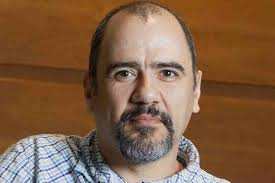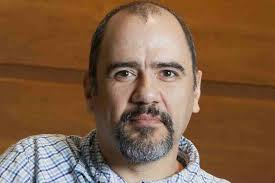
I am an enthusiastic supporter of efforts to attract medical students and junior doctors into careers in general practice. After all, there are two aspects of the workforce crisis that needed concerted efforts – recruitment and retention. Being a relatively newly-qualified GP, I feel much closer to the beginning of my career than the end, and so have naturally gravitated to recruitment issues. In the recent past, I have been keen to discuss general practice as a career with medical students and aspects of being a partner with GP trainees. There are resources available to help with these opportunities are, by and large, very good. There is one thing, however, that has never really felt quite right to me…
Whenever anyone talks about the prospects that are available in general practice, there is nearly always mention made of the possibility of constructing a portfolio career, as a locum, salaried doctor or partner. Beyond the day-to-day coalface of clinical work and associated fatberg of paperwork and information processing, there are almost countless opportunities to earn money by doing something else. It is almost as if we are telling potential GPs, ‘Become a GP and you won’t even have to be one all the time, if you don’t want to.’
‘It is almost as if we are telling potential GPs, ‘Become a GP and you won’t even have to be one all the time, if you don’t want to’
I would be the first to admit that I have supplemented my six clinical sessions with management roles in a super-partnership and a CCG-funded quality improvement scheme. I earn money by blogging, and for 60% of the year I am I paid to teach medical students for a day a week, sacrificing patient appointments to do so. If I wanted them, there are more opportunities to work for a CCG, a provider network, the local super-partnership, as an appraiser, CQC inspector, mentor or GP health advisor. Other posts for NICE, the RCGP, LMC and BMA can also be applied for and all would pledge to backfill my time to cover locum costs. Equally, I could moonlight for one of many digital private healthcare companies if I felt so inclined.
I don’t question the value of a portfolio career, in having varied interests to keep life spiced. I don’t begrudge my friends and colleagues for exercising their choice, as I have done. However, all these ways of earning money, other than seeing, phoning, emailing and video-calling patients, processing their pathology results and every other single letter vaguely related to their health, inevitably mean that GPs work fewer clinical sessions. The workload and emotional fatigue of constant decision-making during a clinical session pushes GPs like me to take the easier options. Perhaps a contributing factor to the GP workforce crisis is the opportunity cost of hours and hours of GP time invested in our own portfolios.
Dr Samir Dawlatly is a GP in Birmingham
Pulse July survey
Take our July 2025 survey to potentially win £1.000 worth of tokens












